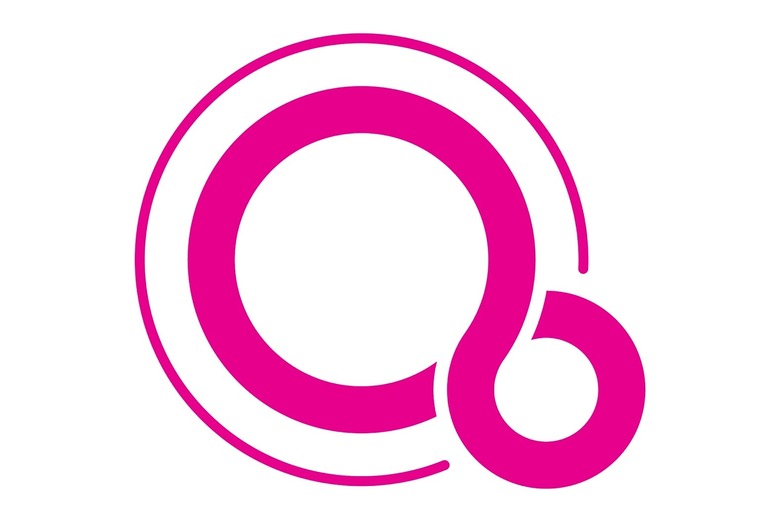Google Might Soon Release The First Beta Of Its Mysterious OS That May Replace Android
Google has been working on a mysterious new operating system called Fuchsia for the past few years. Fuchsia has appeared in various leaks during that time, potentially giving us glimpses of Google's future after Android. Fuchsia could replace both Android and Chrome OS, as well as other OS versions for internet-connected devices.
Google finally confirmed the existence of Fuchsia a few years ago without getting into much detail about the project. While it's still unclear when Fuchsia will be released and whether it will replace Android, it sure looks like Google is getting closer to the point where it'll give Fuchsia a proper introduction. The company's newest moves indicate that Google might be nearing a major milestone, offering developers access to Fuchsia for the first time
Android is the world's most popular smartphone OS. Chrome OS has increased in popularity as well recently, especially during the first year of the pandemic. Google would not necessarily need another operating system to dominate the current computing world. But Fuchsia would fix several problems, giving Google a single OS that could power all of its future devices.
To put it simply, Fuchsia sounds just like Apple's iOS, if iOS were also able to run on Mac computers. Currently, versions of iOS power many devices including iPhone, iPad, Apple Watch, Apple TV, and even HomePod speakers. But Google's version would also be an open-source project, just like Android, rather than Apple's proprietary way of doing things. So Fuchsia would take the best parts of iOS and Android and allow Google to develop an operating system that runs on anything, regardless of the user interface.
Fuchsia could power phones, computers, and smart speakers if previous rumors are accurate. The OS would let Google control update releases, just as Apple does with its operating systems, and could offer increased security and privacy features. Best of all, Fuchsia would continue to run all of the existing Android apps out there, so the transition from Android to Fuchsia would be seamless. Developers would also be able to easily transition their Android apps to apps that run on everything, Fuchsia included. Google already deployed that tool — it's called Flutter, and Fuchsia supports Flutter.
This brings us to 9to5Google's new discovery. The blog found evidence that indicates Google might be getting near the very first release of a Fuchsia developers preview.
Google reached a new milestone in Fuchsia development at the end of January, calling the branch "releases/F1." Six weeks after that, a "releases/F2" branch emerged. References to F3 have already been found in the Fuchsia bug tracker. Looking at Google's way of doing things in the past when it comes to software releases, 9to5Google speculates that "Google's Fuchsia OS is approaching its first proper release in a tangible way, with a potentially regular schedule of milestone releases after that."
There's no telling when the first developer build of Fuchsia will be released, but I/O 2021 is approaching fast. It's unclear whether Google will hold a developer event this year, but there's no better place to talk about Fuchsia than Google I/O.
Even if the first Fuchsia developer preview does launch this year, it's unlikely this will be the kind of OS that non-developers will be able to really try out. This isn't the newest Android version, which has beta software that can be installed on any supported Pixel. We could be several years away from that sort of a Fuchsia release. To get there, this barebones F1 version that developers can tinker with will be the first place to start.
